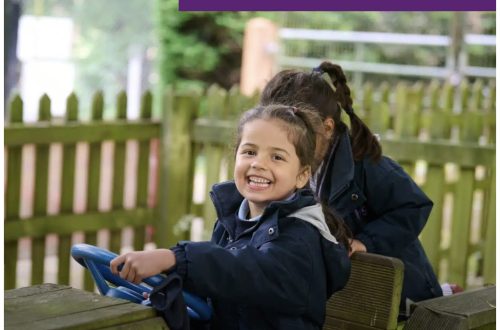
Why History Lessons Are Important In Schools
History is more than just learning about dates, battles and monarchs. It’s a subject that plays a vital role in shaping well-rounded, informed and critically thinking individuals. From understanding the roots of modern society to learning from past mistakes, history lessons offer students valuable insights that go far beyond the classroom. Inspired by the practices of this independent school in Surrey, here’s why history remains such a crucial part of the school curriculum.
Understanding Our Identity
History helps students explore where they come from. Learning about national events, cultural milestones and influential figures provides a sense of identity and belonging. For example, understanding the legacy of the Industrial Revolution or the impact of the British Empire helps young people make sense of the modern UK and their place within it. Through this, they gain a better appreciation of the diversity, achievements and challenges that have shaped their country.
Learning from the Past
One of the most compelling reasons to study history is to learn from past mistakes. From world wars to civil rights movements, historical events offer clear lessons in the consequences of decisions, both good and bad. By examining events like the Holocaust or the transatlantic slave trade, students are encouraged to think critically about ethics, justice and human rights. These lessons are essential in promoting empathy, understanding and a sense of moral responsibility.
Developing Critical Thinking Skills
History is not just about facts – it’s about interpretation. Students learn how to analyse sources, evaluate evidence and consider different perspectives. These skills are invaluable in today’s world, where misinformation can spread quickly. By studying history, pupils become more adept at questioning information, identifying bias and drawing balanced conclusions – skills that are applicable across many subjects and careers.
Making Connections with the Present
History helps students draw links between the past and the present. Whether it’s understanding current global conflicts, social justice movements or political changes, a historical perspective allows young people to see how past events continue to influence today’s world. This context is crucial for developing informed citizens who can engage thoughtfully with current affairs.
Encouraging Curiosity and Engagement
A good history lesson can spark genuine curiosity and a love for learning. Stories of courage, conflict, innovation and resistance can inspire students to ask questions, conduct further research and engage in meaningful discussion. Whether they’re learning about ancient civilisations or twentieth-century revolutions, pupils often find history to be one of the most engaging and thought-provoking subjects.
Preparing for the Future
Beyond academic knowledge, history equips students with transferable skills that are highly valued by employers. Research, writing, argumentation and presentation are all key components of history education. Whether a student goes on to become a journalist, lawyer, teacher or policymaker, a solid grounding in history provides a strong foundation.
In short, history lessons are far more than a trip down memory lane. They play a key role in helping students understand the world, think critically and become responsible citizens. By studying the past, pupils are better prepared to shape the future.



